To mark the 50th anniversary of Neil Armstrong’s ‘small step’ on 20th July 1969, we’ve been exploring lunar language. Look up the words below to find out more about all things moon-related so that you have the vocabulary that you need to join the conversation around this momentous day.
Moon names
Did you know that the full moon in each month has its own traditional name? The full moon was named based on the behaviour of plants, animals or the weather in each month.
- January: Wolf moon
- February: Snow moon
- March: Worm moon
- April: Egg moon or Pink moon
- May: Flower moon
- June: Strawberry moon
- July: Hay moon or Buck moon
- August: Barley moon or Sturgeon moon
- September: Harvest moon
- October: Hunter’s moon
- November: Beaver moon
- December: Cold moon
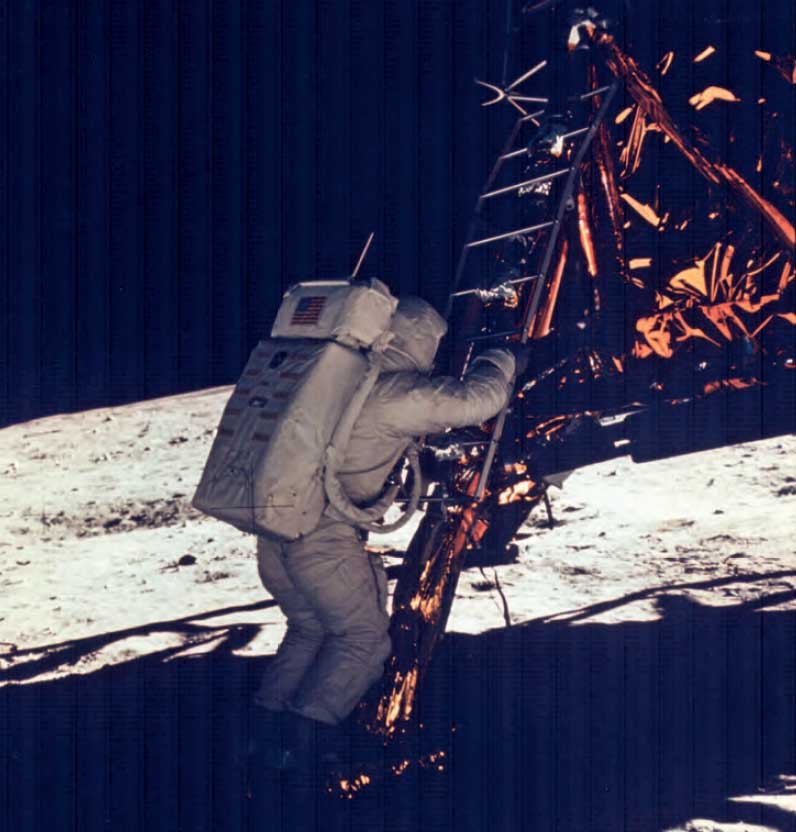
“That’s one small step for a man, one giant leap for mankind.” Neil Armstrong, 20th July 1969
Collins Astronomy Collection
Look to the moon and the stars with Collins Astronomy Collection
The Moon
What does the Moon mean to us?
Our fascination with the Moon is intimately bound up with the development of human culture and civilisation. By studying and exploring the Moon we have come to understand more about our aspirations, our dreams and ourselves.
- Edited by the exhibition’s curators, Melanie Vandenbrouck, Megan Barford, Louise Devoy and Richard Dunn, this book illuminates how art and science meet in our profound connection with the Moon. It features authors from a variety of disciplines, including cultural historians, curators, a scientist, a poet and a space law expert among others.
- Marking the 50th anniversary of Neil Armstrong’s ‘small step’, and published to coincide with Royal Museums Greenwich’s exhibition The Moon, this landmark work explores people’s fascination with our only natural satellite.
Moongazing
An in-depth guide for aspiring astronomers and Moon observers from the Royal Observatory Greenwich. The ideal book for Moon observers covering essential equipment, and the key events to look out for.
- Includes detailed Moon maps and covers the history of lunar observation and exploration, the properties of the Moon, its origin and orbit.
- Discover all you need to know about eclipses, blue moons, supermoons, conjunctions and occultations.
- A comprehensive section covers astrophotography using lenses, telescopes, smartphones, including video and how to process your images.
- Features a photographic atlas of lunar features with plates and annotated maps.
2019 Guide to the Night Sky
A practical and comprehensive guide to the planets, stars and constellations visible from the northern hemisphere, covering most of Europe, southern Canada and the northern United States. 6 pages for each month covering January–December 2019.
- Advice on where to start looking.
- Easy-to-use star maps for each month with descriptions of what to see.
- Positions of the moon and visible planets.
- Details of objects and events you might see in 2019.
- Diagrams of notable events visible from Britain.
- A section on comets and a map of the moon.
Written and illustrated by astronomical experts, Storm Dunlop and Wil Tirion, and approved by the astronomers of the Royal Observatory Greenwich.
2020 Guide to the Night Sky
A practical and comprehensive guide to the planets, stars and constellations visible from the northern hemisphere, covering most of Europe, southern Canada and the northern United States. 6 pages for each month covering January–December 2020.
- Special, detailed charts for positions of planets, minor planets and comets in 2020
- Seasonal charts
- Details of dark sky sites
- Details of objects and events you might see in 2020
Written and illustrated by astronomical experts, Storm Dunlop and Wil Tirion, and approved by the astronomers of the Royal Observatory Greenwich.
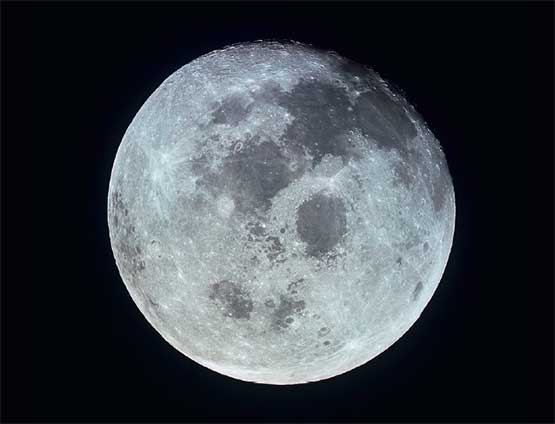
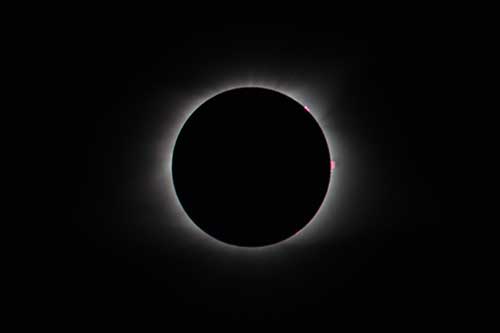
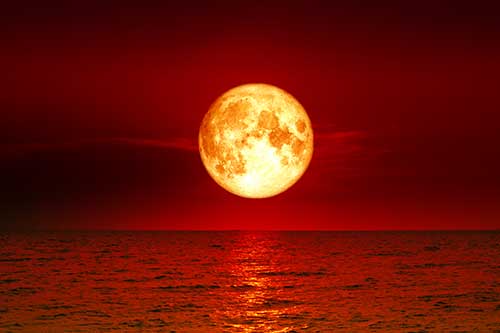

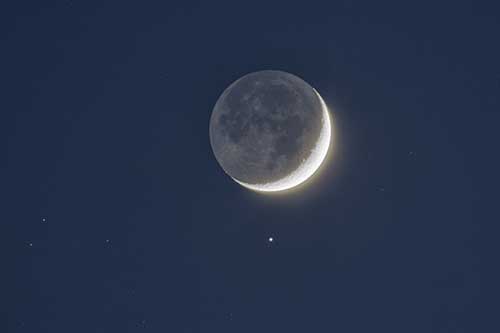

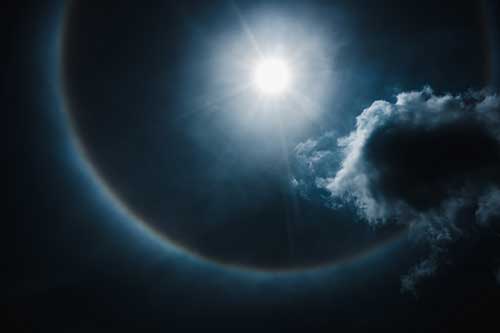

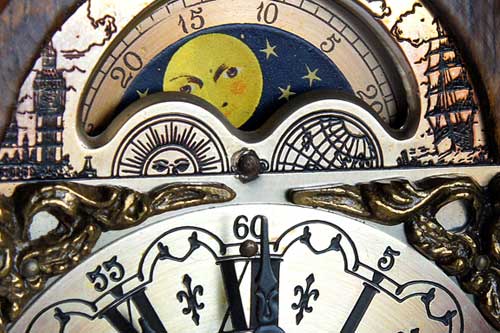
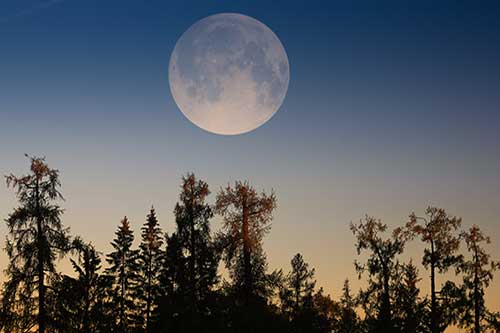
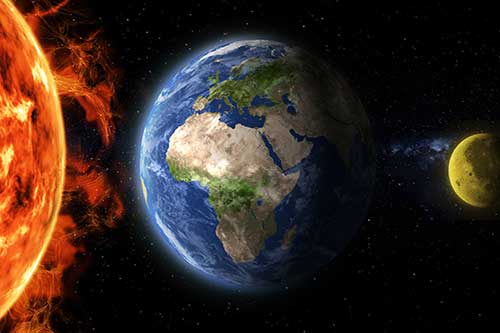

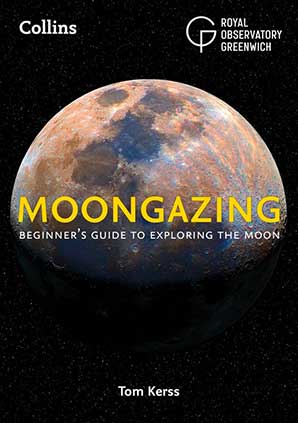
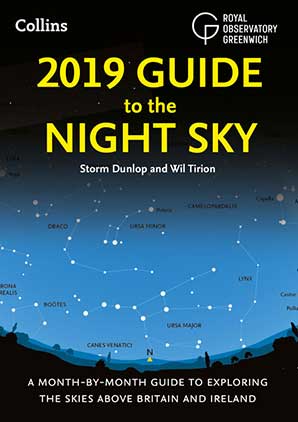
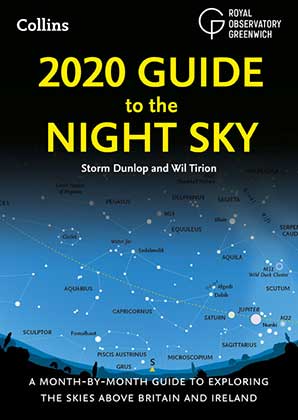



collins_dictionary_official
The home of living language. #wotd #wordlovers #collinsdictionary
Read our word of the week definitions and blog posts: